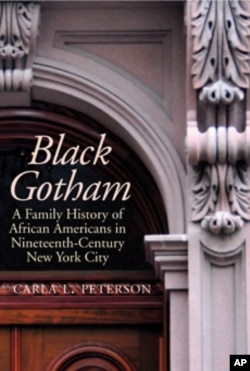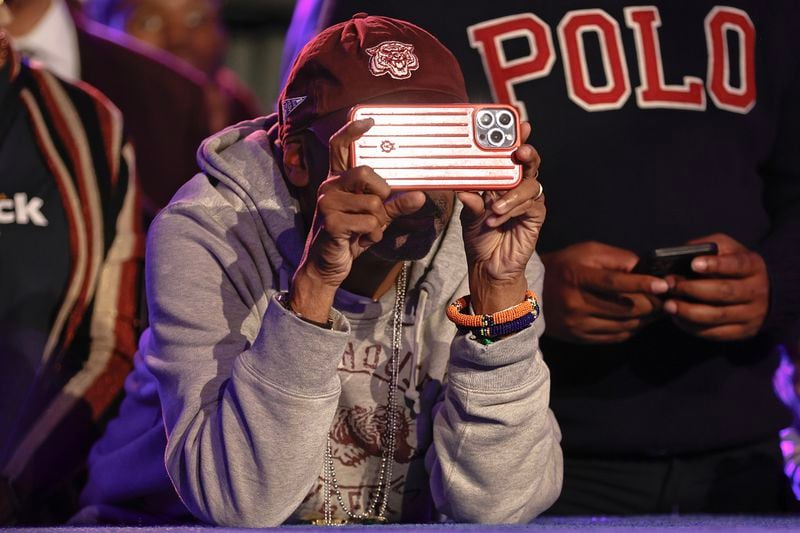@IllmaticDelta, in addition pertaining the pervious post.
Skin Complexion in the Twenty-First Century Mathews, Tayler J; Johnson, Glenn S. Race, Gender & Class; New Orleans Vol. 22, Iss. 1/2, (2015): 248-274.

 pubmed.ncbi.nlm.nih.gov
pubmed.ncbi.nlm.nih.gov

 pubmed.ncbi.nlm.nih.gov
pubmed.ncbi.nlm.nih.gov

 link.springer.com
link.springer.com
 scholarworks.waldenu.edu
scholarworks.waldenu.edu
Skin Complexion in the Twenty-First Century Mathews, Tayler J; Johnson, Glenn S. Race, Gender & Class; New Orleans Vol. 22, Iss. 1/2, (2015): 248-274.

Skin-Tone Trauma: Historical and Contemporary Influences on the Health and Interpersonal Outcomes of African Americans - PubMed
Empirical evidence demonstrates that racism is a source of traumatic stress for racial/ethnic minorities, particularly African Americans. Like race and racism, skin tone and experiences of colorism-an often overlooked form of discrimination that privileges lighter skinned over darker skinned...

Light Privilege? Skin Tone Stratification in Health among African Americans - PubMed
Skin tone is a significant marker used by others to evaluate and rank the social position of minorities. While skin color represents a particularly salient dimension of race, its consequences for health remains unclear. This study uses four waves of panel data from the Coronary Artery Risk...

Color Struck
African American Men's Perceptions of Colorism
Colorism bias related to skin complexion is a persistent phenomenon within the African American community and often shapes the family dynamics and results in noteworthy adverse psychosocial impacts for African Americans. Researchers have examined colorism or the preference for lighter skin over...
Last edited:











